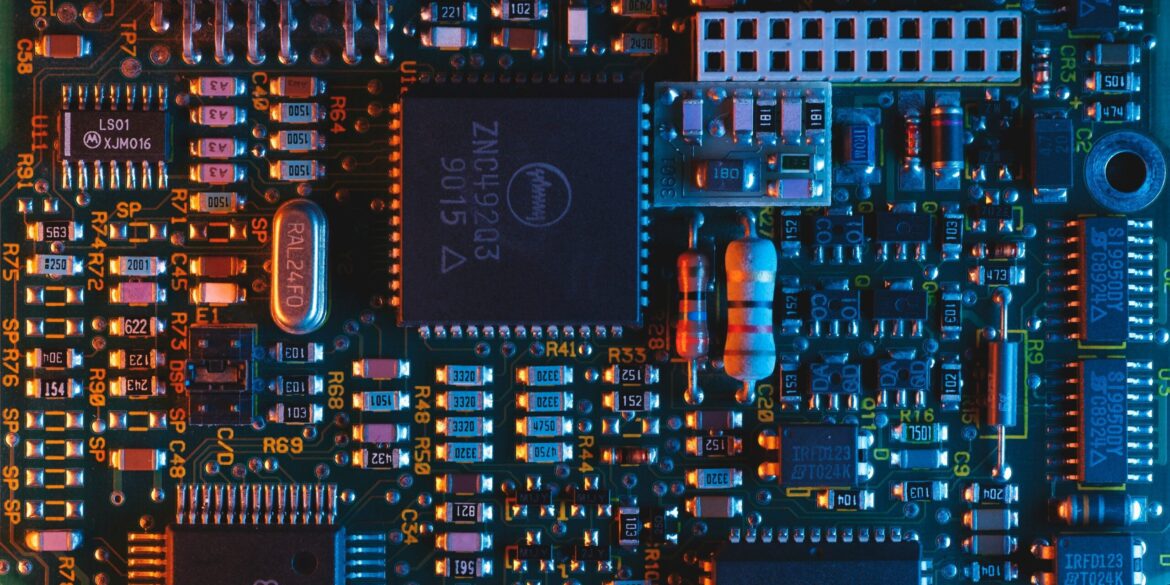In a significant escalation of its technological standoff with China, the U.S. government has issued a stern warning to international companies: utilizing Huawei’s artificial intelligence (AI) chips, particularly the Ascend series, could lead to criminal penalties under American export control laws. The Bureau of Industry and Security (BIS), a division of the U.S. Department of Commerce, emphasized that incorporating Huawei’s AI technology into products or services may violate U.S. regulations, reflecting ongoing concerns over national security and intellectual property theft.
Global Implications of the U.S. Directive
The BIS’s guidance, released on May 13, 2025, asserts that Huawei’s Ascend AI chips likely incorporate U.S.-origin technology, making their use subject to U.S. export controls regardless of where the chips are deployed. This move effectively extends the reach of U.S. export laws beyond its borders, signaling to global firms that engaging with Huawei’s AI hardware could result in severe legal consequences, including fines and criminal charges.
The directive is part of a broader strategy by the U.S. to curtail China’s technological advancements and protect its interests in the global tech sector. By targeting Huawei’s AI chips, the U.S. aims to limit China’s access to advanced semiconductor technologies that are crucial for AI development and other strategic applications.
China’s Response and Escalating Tensions
China has vehemently opposed the U.S. directive, accusing Washington of “abusing export control measures” and undermining recent efforts to ease trade tensions. The Chinese Ministry of Commerce warned that such actions threaten the stability of global semiconductor supply chains and vowed to take steps to defend the legitimate rights and interests of Chinese enterprises. This development comes despite a recent temporary truce in the intensifying trade conflict between the U.S. and China, highlighting the fragility of their economic relations.
Industry Reactions and Concerns
The U.S. directive has sent ripples through the global tech industry, prompting companies to reassess their supply chains and partnerships. Firms that have integrated Huawei’s AI chips into their products or services now face the daunting task of ensuring compliance with U.S. export laws, potentially leading to disruptions and increased costs.
Critics argue that the U.S.’s aggressive stance may have unintended consequences. By restricting access to Huawei’s AI chips, the U.S. could inadvertently accelerate China’s efforts to achieve technological self-sufficiency, spurring domestic innovation and reducing reliance on foreign technology. Moreover, the extraterritorial application of U.S. export controls raises concerns about the sovereignty of other nations and the potential for retaliatory measures.
Broader Context and Future Outlook
The warning against Huawei’s AI chips is the latest in a series of actions by the U.S. to limit China’s technological rise. These measures reflect a growing consensus in Washington that China’s advancements in AI and other emerging technologies pose a strategic challenge to U.S. interests. As the two superpowers continue to vie for technological supremacy, the global tech industry finds itself navigating an increasingly complex and fraught landscape.

